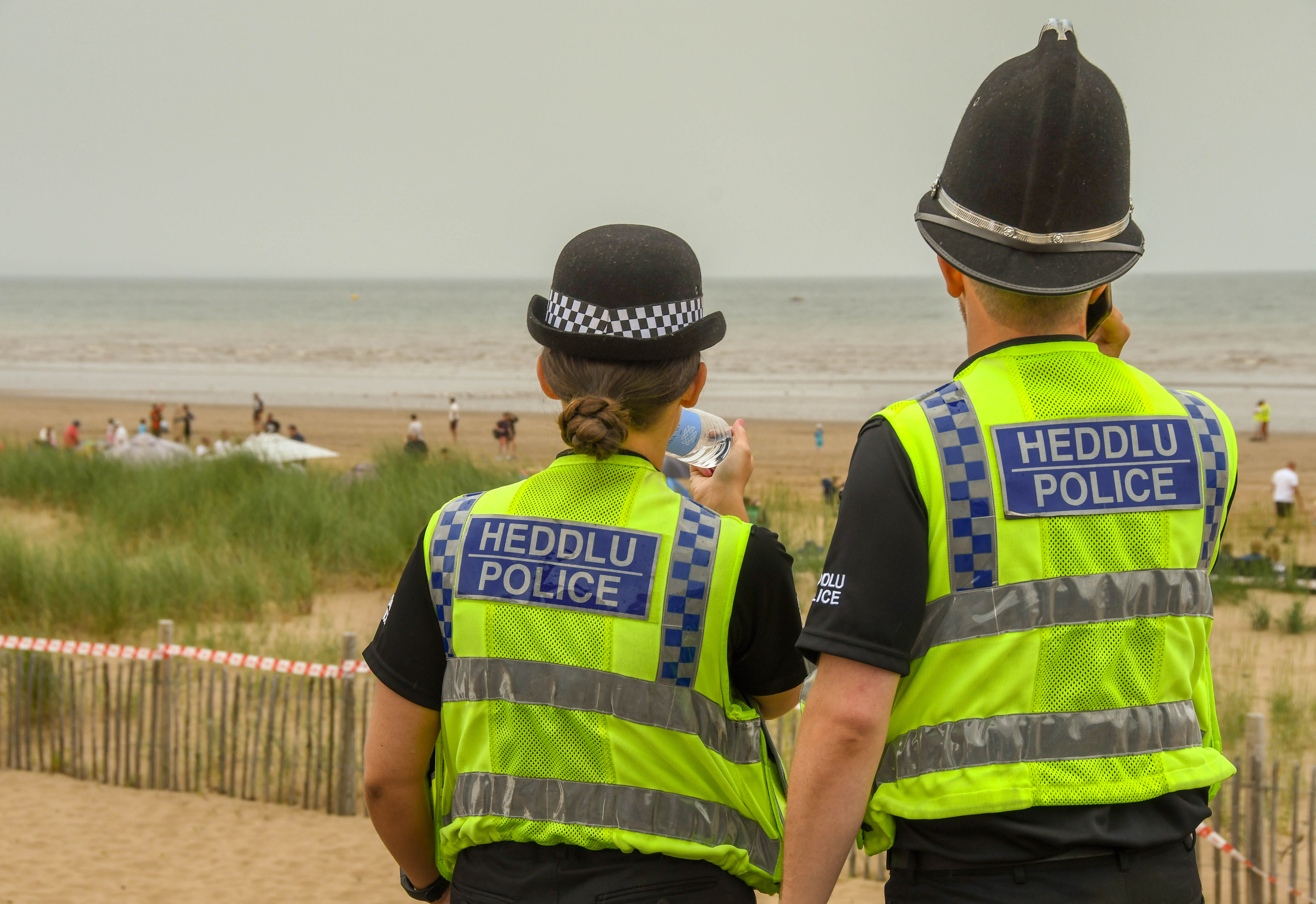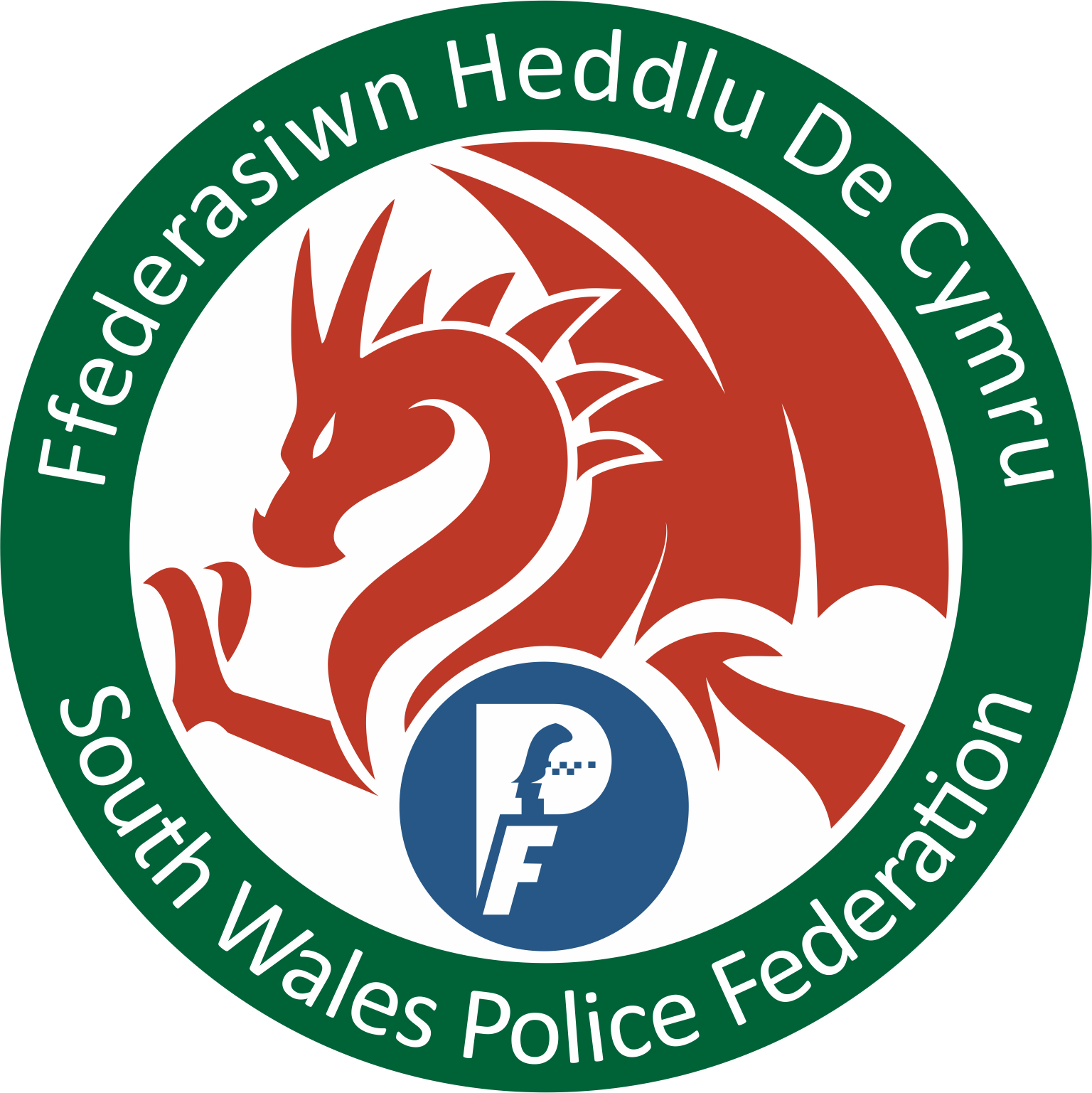Fed chair describes ballot decision as a sad day
South Wales Police Federation chair Steve Treharne has described the decision to ballot members for their views on industrial rights as a “sad day” but said a loss of faith in the Government over pay meant the move was inevitable.
The Police Federation of England and Wales' (PFEW) National Council meeting, held on 20 June, voted to ballot members on whether the organisation should pursue industrial rights on behalf of its members.
Steve spoke in favour of the motion at the meeting and insisted members should be given the chance to steer the Police Federation on key issues such as pay and pensions.
He said: “For me this was a sad day and something that we should not have to resort to.
“There is now much work to be done as we work towards balloting our members on whether PFEW should be directed by them to pursue industrial rights.
“Why do I say it’s a ‘sad day?’ As Crown servants without any of the protections afforded to most other workers, we must rely upon a fair pay review process. This should be the contract that exists between the Government and police officers.
“In return for not having the rights afforded to other workers, it is imperative that this is recognised with a fair pay review system - but the contract has been eroded to such a point that we have had to formally withdraw from the Police Remuneration Review Body (PRRB).
“In short, we have no faith in a system where Government holds all the strings and there is nothing that we can do by way of challenge or appeal when the award is set.
“Members were last balloted in 2013 when out of the 133,108 officers eligible to vote, some 56,333 took part in the ballot, with 45,651 voting in favour and 10,681 voting against. While 81 per cent of those who took part in the ballot voted in favour, this amounts to just 34 per cent of total members. Under its rules, the Police Federation needed more than 50 per cent support of its membership to begin the lobbying process.
“It can be strongly argued now that the conditions concerning police pay which led to PFEW balloting members previously has worsened significantly since the last vote.”

Police Federation members are to be balloted on their views on employment rights
Steve said the recent National Council meeting gave him the opportunity to speak and implore the council to vote in favour of balloting members.
He said the Police Federation should be member-led and matters which hold the greatest significance for our members, such as pay and pensions, these matters should always be put to members to steer the direction.
“I spoke of the situation which has seen police pay fall the greatest bar none amongst all the other public sector organisations in the 10 years between 2010 and 2021 and our members deserve a voice,” he said.
“We are witnessing public sector industrial disputes at a scale not seen for many years. The grievances of workers, regardless of role or profession, all appear similar: challenging working conditions, feelings of being undervalued due to years of inadequate investment and poor recruitment, not to mention the derisory pay awards currently being offered at rates far below the rate of inflation.
“Nurses, paramedics, teachers and many others are resorting to strike action because they have lost faith in government negotiations and pay review bodies to honestly and independently negotiate a fair pay reward, and as a consequence are struggling to see any movement to positive change across their industries. It might be easy to feel sympathy with our public sector colleagues.
“All of us in the public sector wish to provide a service that we can be proud of, that the public deserve and in which we feel respected and listened to.
“To many, this desire for a basic level of standards feels impossible to achieve within the systems and processes imposed by the state.
“The effort needed on an individual level to get anywhere near this is immense and largely unacknowledged by Government.
“The pay awards being offered mean that the financial rewards for this effort diminish by the month with no sign of improvement.”
Steve said the Police Federation would now move forward with the next steps to give members a voice at the ballot box with significant work being undertaken to ensure members are fully informed of the pros and the cons of any such action.
He said it would be articulated in a fair and balanced way and should not be skewed in any way and that members would also need to understand what industrial rights mean.
“This is an entirely regrettable and unavoidable situation which we have been forced into by the Government,” he said.
“All police officers want is fair pay for the crucial work they undertake, with all the restrictions which they are subjected to as Crown servants.
“On one hand, there is legislation which prevents officers striking as recognition of the crucial role police officers have in the fabric of society. Yet on the other hand, we are not so valuable that we can be treated fairly, with a truly independent pay review mechanism which allows for meaningful consultation and negotiation with a process of arbitration and appeal if necessary.
“All we want is fairness from the Government, nothing more, nothing less. They can change this direction of travel but there has been little evidence of willingness to do so, so far.”
